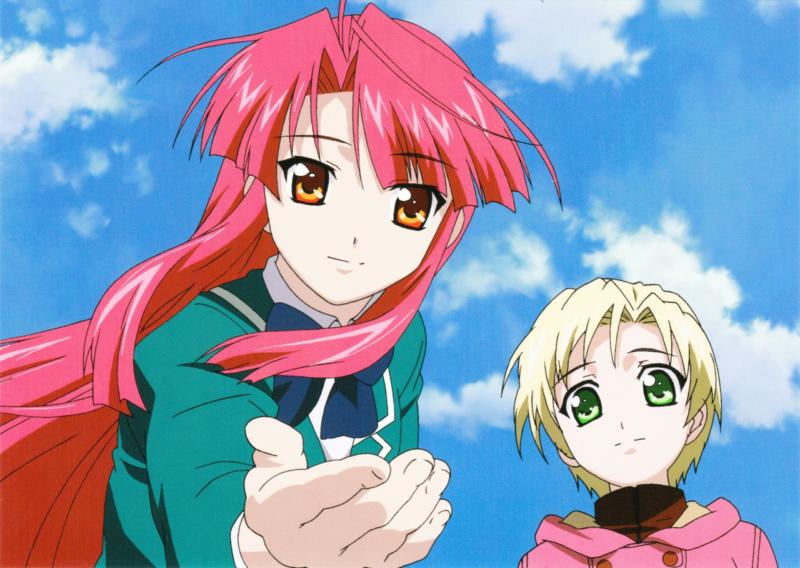
Despite these issues, being an anime fan and researcher offers more advantages than disadvantages. My specialty compliments my job as a librarian. Teens and college age students come to me with anime and anime research questions. They feel comfortable and appreciate having an older fan to speak with. Teen fans in my area face the same stigma, looks, and misunderstandings as I face from well-meaning neighbors. I provide a older voice and nonjudgmental access to anime and manga of all types. Many come to me looking for new anime to watch or seeking “touchier” subjects like yuri and yaoi.
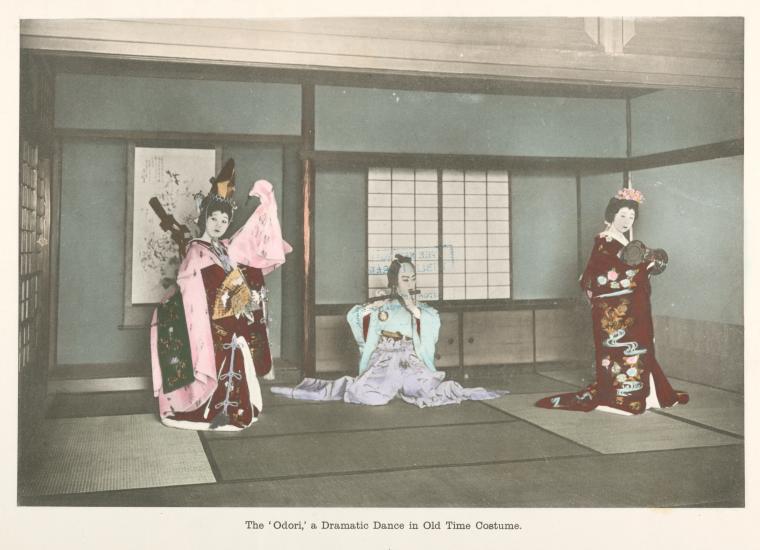
Studying anime and Japanese culture continues to shift my perspective. It points out poisonous areas in American culture–such as the culture of selfishness–and offers solutions. A day where you fail to learn something new is a wasted day. Anime, with its international reach, extends a taste of Japanese culture to everyone. That culture differs quite a bit from Western culture, yet has enough Western elements that it remains accessible. Zen, in particular, influenced my perspective on life.
Ten years ago I had a crisis of faith sparked by a series of deaths in my family and an ugly breakup with my girlfriend at the time. I plunged into a dark depression of which I remember little. My Christian faith died. But one day stands out in the blank spaces of memory. One day at a local bookstore I stumbled across “Peace is Every Step” by Thich Nhat Hanh, a Vietnamese Zen monk. I remember having the exact amount of money in my pocket to book cost, down the the penny. The book changed my perspective forever. I couldn’t get enough of Zen. I read Japanese Zen writers and everything else I could get my hands on. Gradually, my Christian faith began to revive under Zen’s care. While it appears strange, Zen is a practice that can stand alone or plug into an existing belief set. It revived my Christian faith, but the resurrected faith is quite different from the childish faith I once had.
While Thich Nhat Hanh’s writings were the catalyst for my Christian faith’s resurrection, anime was where I had learned about Zen’s existence. It introduced many of the concepts and provided a starting point. It sounds cheesy, but I guess you could say anime changed my life, if indirectly.
The messages we consume changes our view of the world. Information and stories are food for the mind. Much of anime is junk food, but to be fair, American TV is mostly junk food too. The American mind suffers from obesity, stories that lead to impulsive behavior and misunderstanding. One the whole, anime contains good messages: friendship, persistence, loyalty, and community. Anime exposes people to Japanese culture (even if it is a glossed over, watered-down exposure) and helps you escape an American-centric view. American media can be insular and white-washed. Anime raises awareness of different approaches to characters and storytelling.
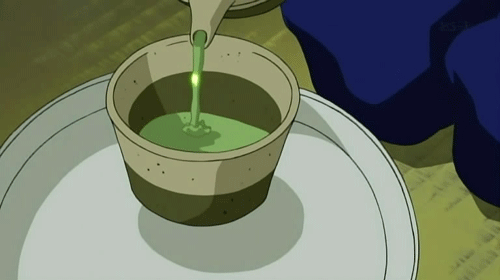 These messages influence us in ways we are not always aware. Advertising works in this way with its messages of dissatisfaction, selfishness, and greed. Most of anime contains messages about appreciating the moment and relationships. Since I started my anime habit and my study of Zen, I find I enjoy the journey more than I had in the past. Before my studies, I focused on outcomes and destinations. Now I enjoy the path more than the destination. I view mistakes and failures as learning experiences, as ways of improving. Many anime characters embody this idea: Goku and Ichigo for example.
These messages influence us in ways we are not always aware. Advertising works in this way with its messages of dissatisfaction, selfishness, and greed. Most of anime contains messages about appreciating the moment and relationships. Since I started my anime habit and my study of Zen, I find I enjoy the journey more than I had in the past. Before my studies, I focused on outcomes and destinations. Now I enjoy the path more than the destination. I view mistakes and failures as learning experiences, as ways of improving. Many anime characters embody this idea: Goku and Ichigo for example.
I am not sure how long I will continue to study anime and American otaku culture. I consider myself an outsider rather than a member of otakudom. In order to study it, I have to have some distance. Writing about anime allows me to pull my interests in history, sociology, psychology, art, and economics together. But it does come out a small price. I care little what others think, however. I rather like the label of eccentric.
I am hesitate about this post. I dislike publicly speaking about myself. Few know that I had struggled with depression, but I can confidently say “had struggled.” Depression no longer troubles me. Now, it is an old friend that visits for a few hours to tell me something is wrong before leaving again. The trick with depression is embracing Zen and Christian meditative tradition and practice. It isn’t easy, and it isn’t instant. It takes years of work, but depression can be embraced, even welcomed. If you have problems with depression, I urge you to learn zazen and practice it. Again, it requires persistence and patience and time. I write this personal post with the hopes it will inspire you, lift you. I want you to know that you are not the only one who struggles with stigma from those who fail to understand anime and Western interest in Japanese culture. But you can thrive despite the stigma. Only those with narrow minds and dull lives fail to understand how Japanese culture and anime and manga can fascinate. Have sympathy for such people.
How has anime influenced you? What stigmas do you face as a fan or researcher? Have you wrestled with depression?
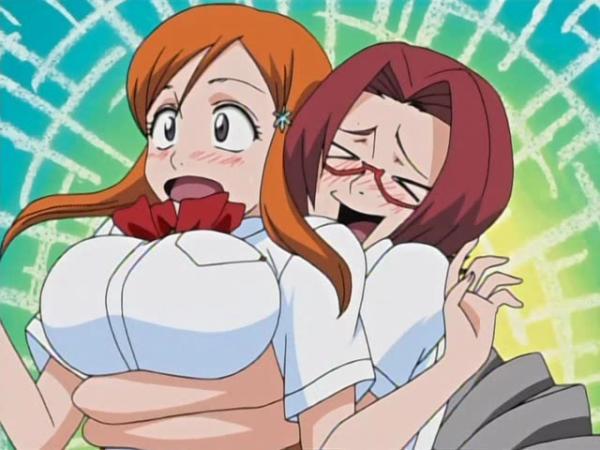
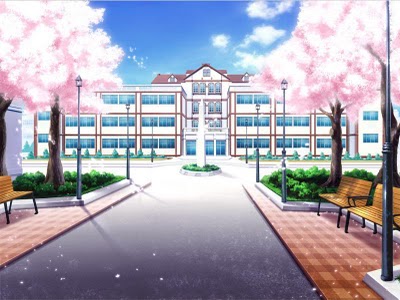
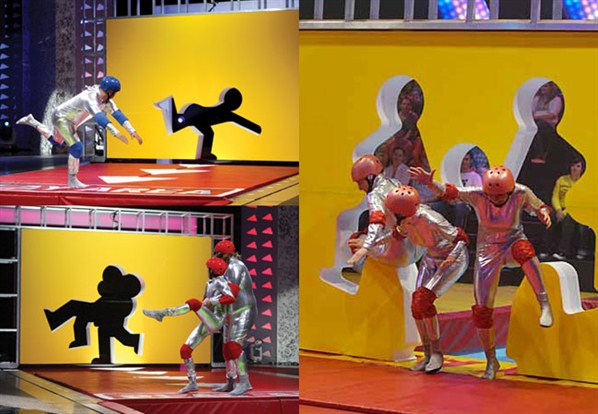
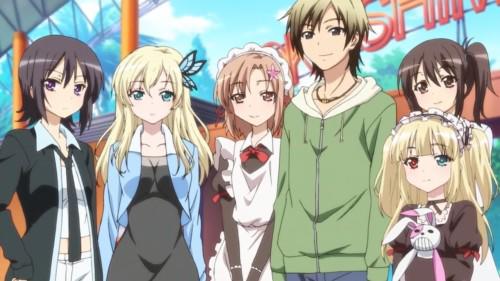
Living in the San Francisco area, and especially working in high-tech, means that I’m safe from any stigma related to my fondness for anime and manga. I’m fortunate that my wife and kids don’t mind it either, and in fact, we enjoy some of the more popular shows together. Even among folks at church, I’m not hesitant to mention a relevant story when the opportunity arises. No one judges. I’m very thankful for that. But I’m especially thankful for your writing. You are one of the very few who have made the study of Japanese culture, including its various forms of media, a respectable area of study for the typical layperson.
I’m glad to hear you don’t have to worry about anime stigma. As with many issues, location plays a role. Rural communities like mine still associate anime with pornography and have a dated view of Japanese culture. It’s rare, but I’ve heard people refer to Japanese as “Japs”. Thank you for your compliment. Japanese culture and media has influenced American culture in ways we take for granted. Just look at Disney’s animation style now and our commercials. The United States can also benefit from adopting aspects of Japanese culture that we’ve forgotten, such as a focus on community.
I am glad to hear your faith was revived. I was not a beliver most of my life. In fact, I became addicted to Japan at a young age because it gave me framework. Looking back I can see how crazy it was for me to put my trust in a man-made system over God. Now everything is much clearer.
Modern society makes it easy for subcultures (like otaku, American football, and others) to become a source for identity that religions historically filled. I’ve ran into many teens and university-aged young adults that idealize Japan and made that idealization their framework. Sometimes, it leads to problems.
I’m seventy years old and I am an Anime freak. My son introduced me to Hajime No Ippo on his computer as Fansubs. I was in my late fifties at the time and had been laid off so he and sat in his room for hours watching Ippo. After that we watched One Pie until we caught up with Japanese TV. I am now retired and watch Anime everyday on my laptop. I really appreciate your blog as I’ve learned so much about Japanese culture. My generation did not grow up friendly towards Japan but my job introduced me to Japanese clients that were always so polite that old mindset was changed. Anime is another way to bring our peoples together. Unfortunately my friends and relatives of my generation don’t get it because they think anime is a “cartoon”. FYI I just watched episode 770 of One Piece.
Thank you for sharing, James. I’ve seen many teens and less confident young adults struggle with their love for the medium. Your story will encourage many of these fans. One of my goals as a writer and as a librarian is to help people realize anime is a storytelling medium for all ages. To beat back the stigma, so to speak, so younger fans don’t have to feel singled out or strange. I’ve had many friends who served in World War II. Many died still holding a dislike for the Japanese people and their culture. Now we have the opposite problem; many idealize their culture, which also prevents understanding.
Thanks again for your help encouraging younger fans!